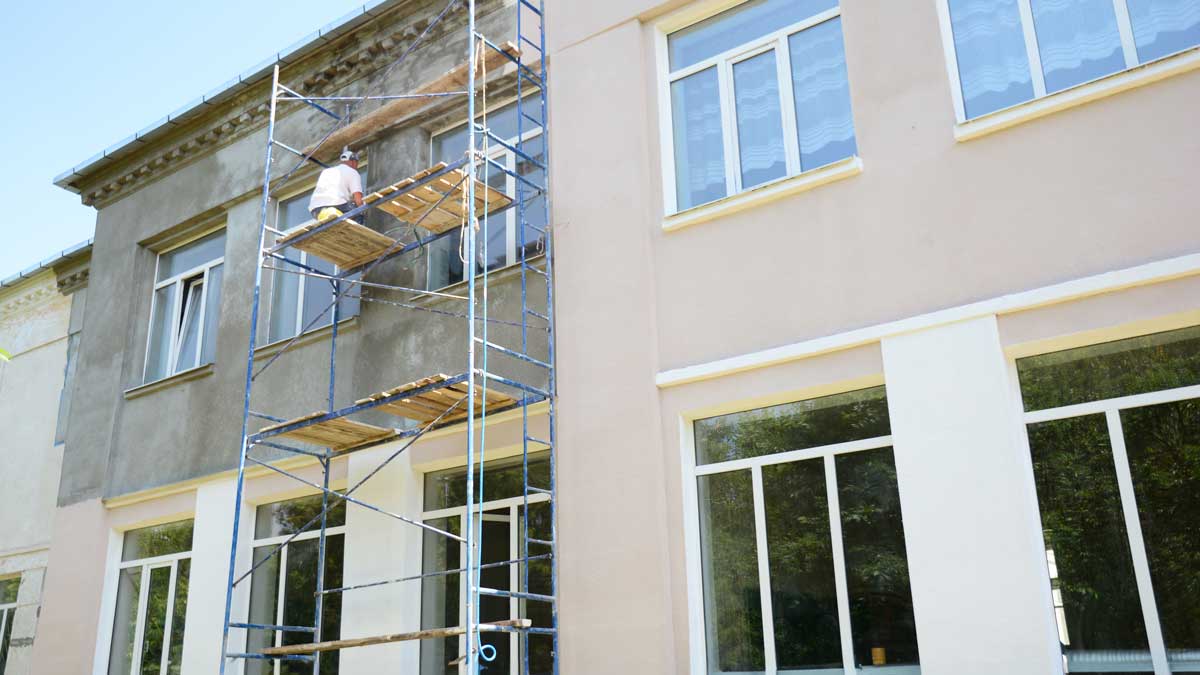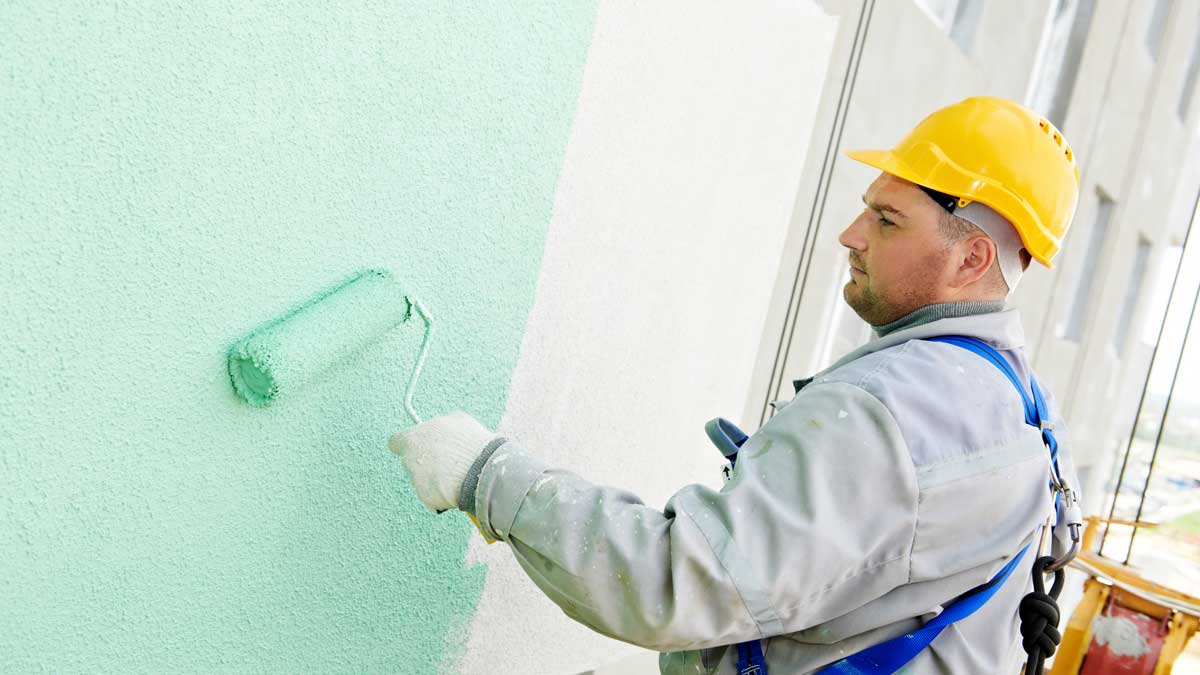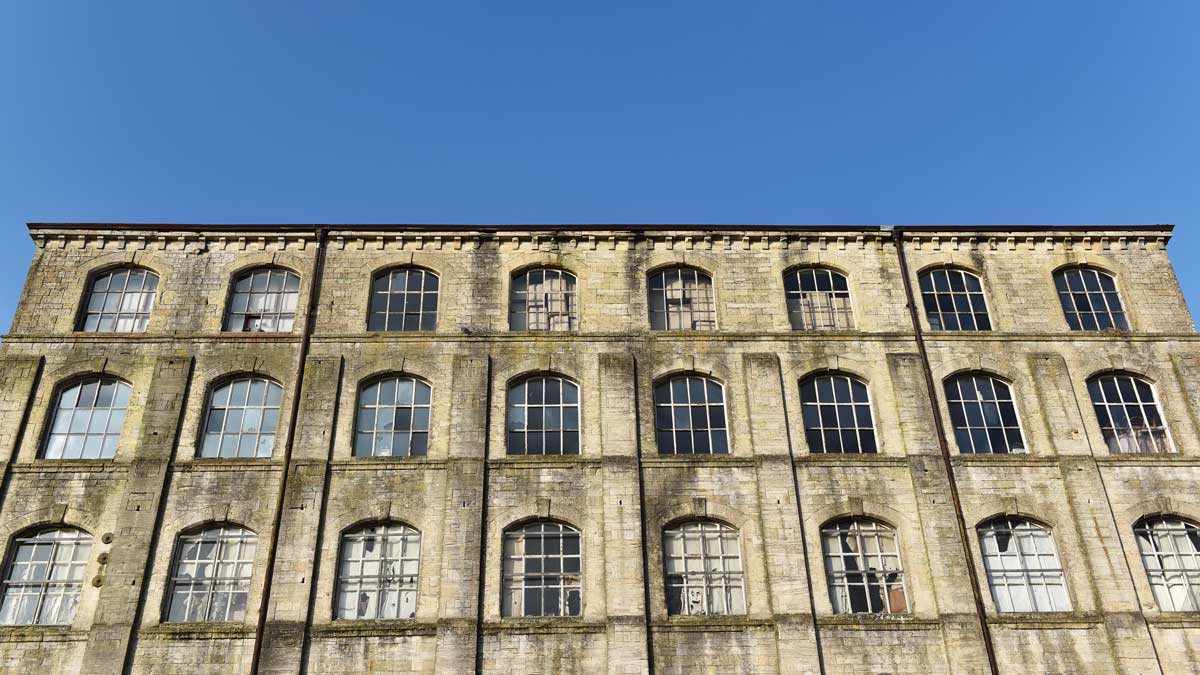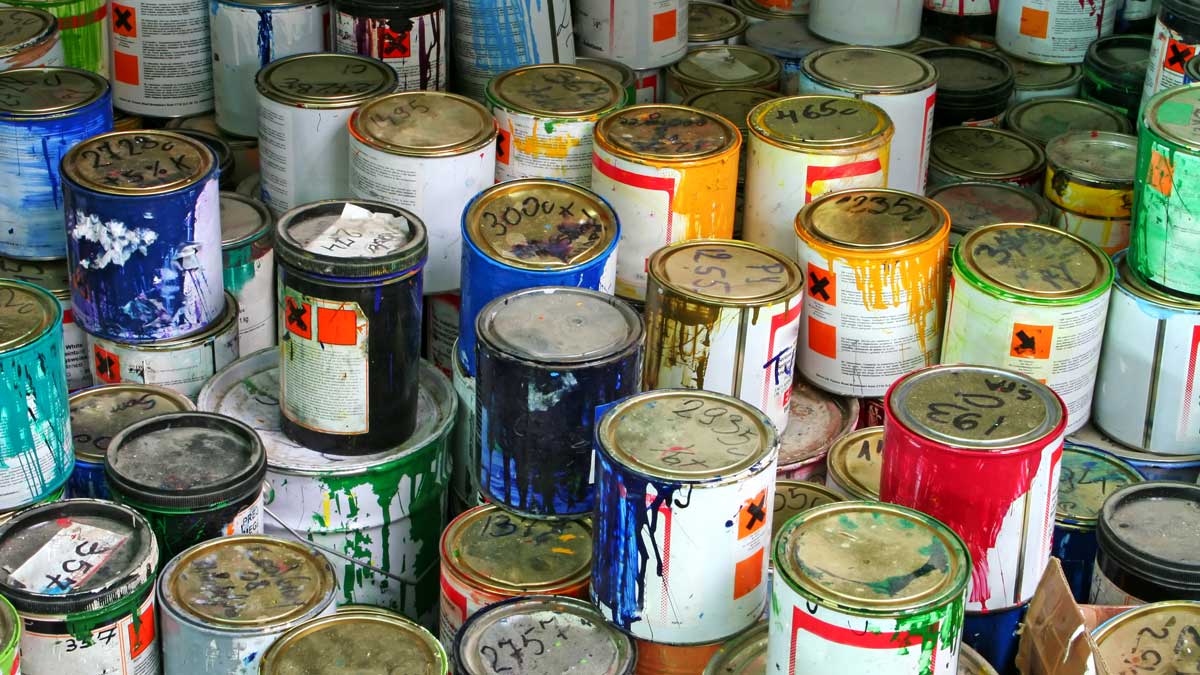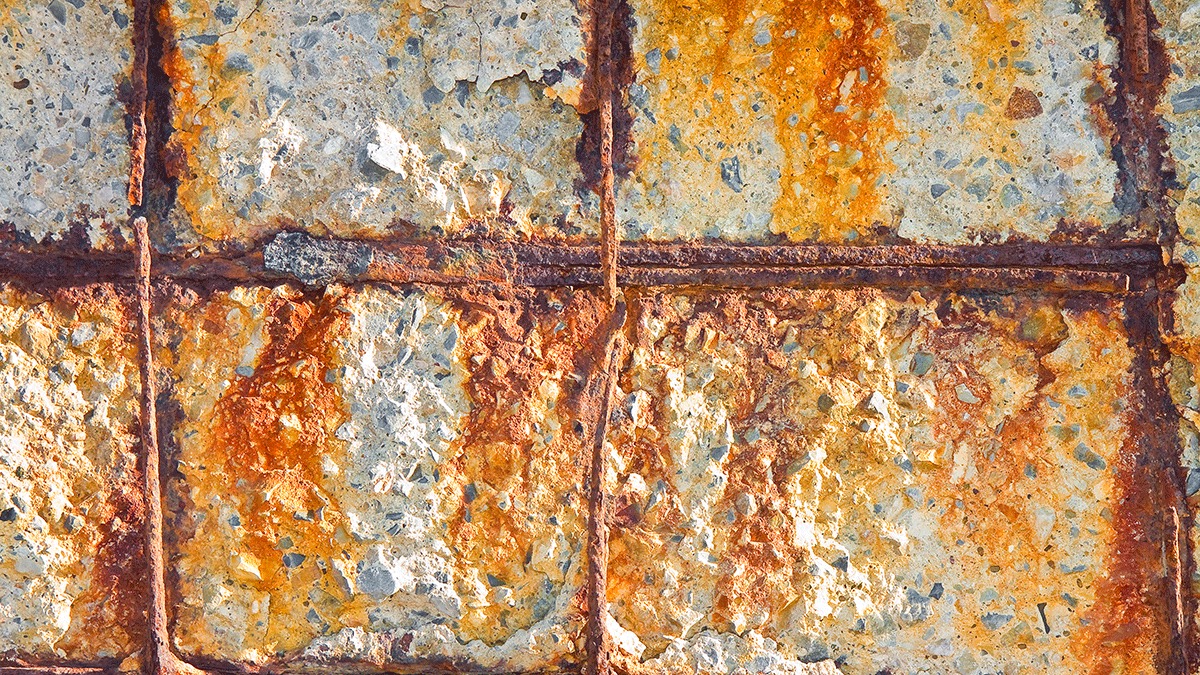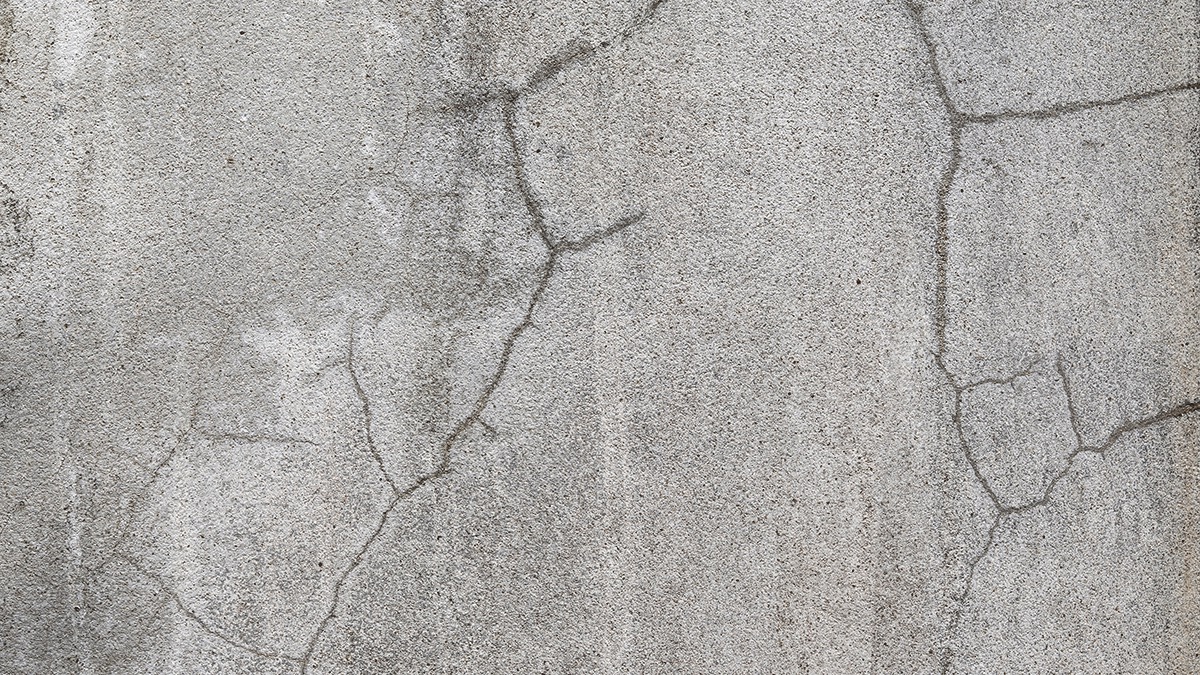What problems do limestone buildings have?
A glance at a well-maintained limestone building and one can easily be transported back in time.
Read MoreRestoring EIFS and stucco walls
When restoring EIFS, stucco, and concrete masonry exterior structures, the approach can vary based on the extent of wear, tear, or damage.
Read MoreThe difference between painting and coating
Navigating the surface beautification and protection world, particularly in the commercial and industrial sectors, can be a maze of terminology and options.
Read MoreHow professionals restore concrete in industrial buildings
Industrial buildings often face significant wear and tear due to heavy machinery, constant foot traffic, and exposure to harsh environmental conditions. Over time, the concrete surfaces in these structures can become cracked, worn, and weakened, compromising their structural integrity. This is where professional concrete restoration services come into play.
Read MoreWhat is an EIFS repair?
Exterior Insulation and Finish System (EIFS), also known as synthetic stucco, is a popular cladding system that provides insulation and an attractive exterior finish to buildings. However, EIFS may experience wear and tear over time, necessitating repairs.
Read MoreThe type of paint to use on EIFS
EIFS, or Exterior Insulation and Finish System, is a popular exterior cladding system known for its energy efficiency and aesthetic appeal. When it comes to painting EIFS, selecting the correct type of paint is crucial to ensure proper adhesion, durability, and long-lasting results.
Read MoreWhat caulk do professionals use?
Regarding industrial repairs and restorations, caulking plays a vital role in maintaining the integrity and functionality of various structures. However, not all caulks are created equal, and professionals understand the importance of using high-quality caulking products for industrial applications.
Read MoreWhy concrete restoration is important in commercial structures
Concrete is a durable and widely used material in the construction of commercial structures. Over time, however, weathering, heavy usage, and environmental elements can lead to wear and deterioration. This is where concrete restoration comes into play. Enhancing structural integrity Concrete restoration plays a crucial role in enhancing the structural integrity of commercial buildings. By…
Read MoreDoes cracked concrete need to be replaced?
Concrete is a durable and widely used construction material known for its strength and longevity. However, over time, concrete can develop cracks due to various factors such as temperature changes, moisture, structural movement, or poor installation.
Read More

